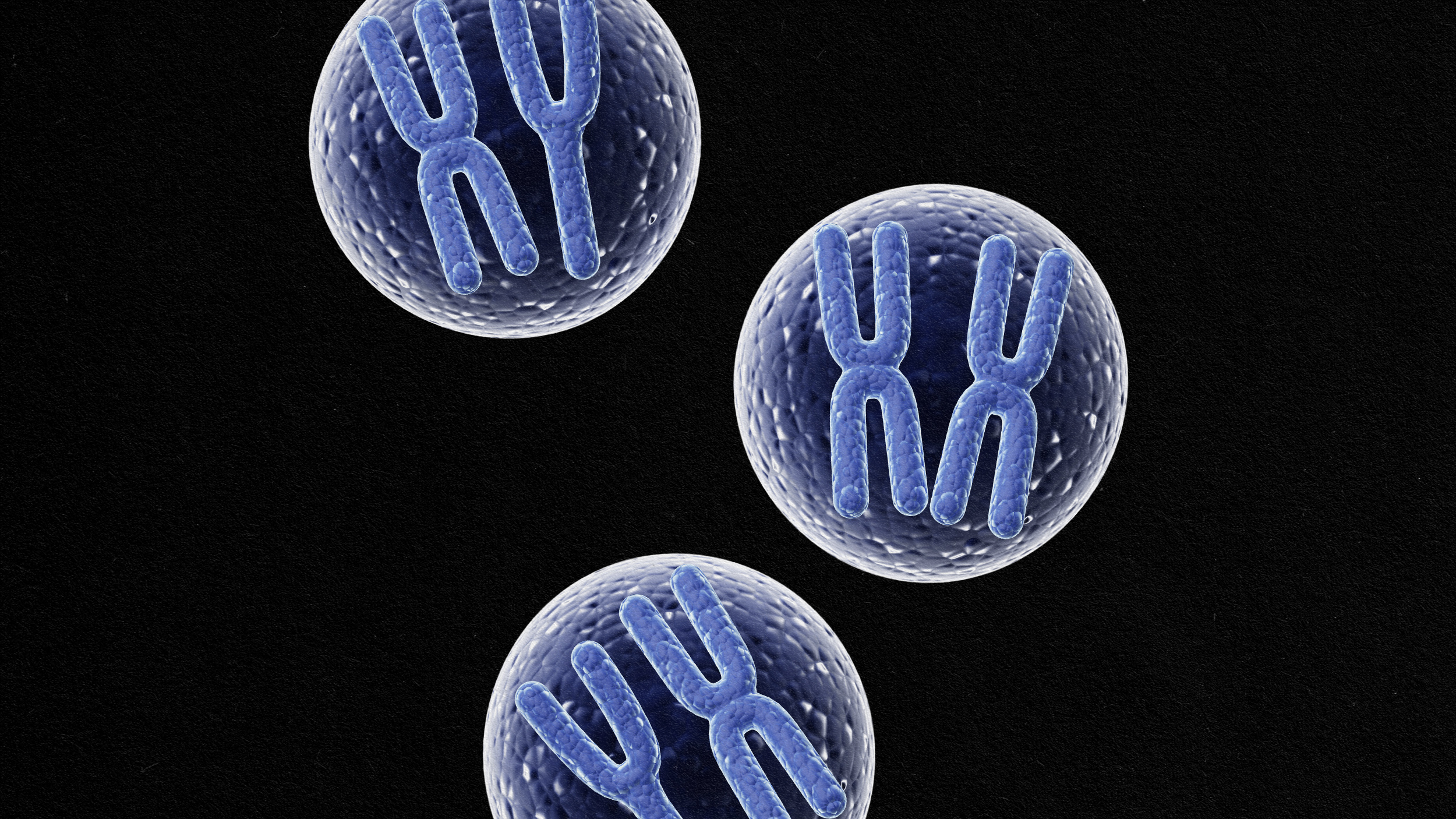Autism’s Genetic Biomarkers Found?

What’s the Latest Development?
In recent research, scientists found that the brains of autistic people grew faster than normal while still in the womb. The research, performed at the University of California, San Diego, found that children with autism had 67 percent more neurons in their prefrontal cortex than typical children. That irregularity may be caused by a genetic deficiency. “In brain tissue from both autistic children and autistic adults, genes coding for proteins that identify and repair mistakes in DNA were expressed at unusually low levels.”
What’s the Big Idea?
While the autistic brains studied had a surplus of neurons in early life, they went on to lose neural connections faster as time went on. UC researchers hypothesize that a genetic mutation may muffle the expression of genes which code for proteins that repair damaged DNA, eventually causing irregular brain development. But if scientists definitively link autism to a sequence of changes in gene expression and unusual neural growth, “then it becomes possible to target and reverse any one of the thousands of steps in that sequence.”
Photo credit: shutterstock.com





